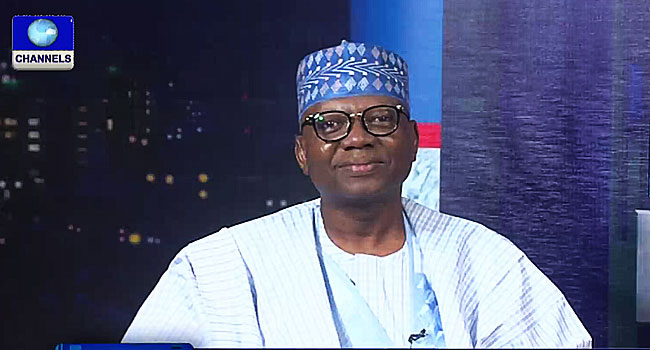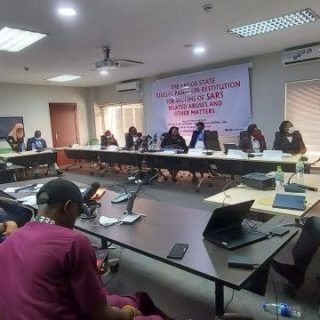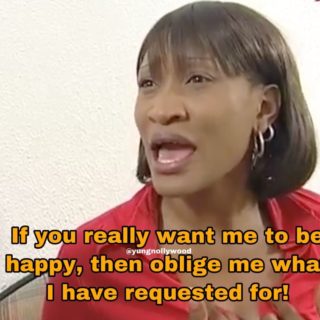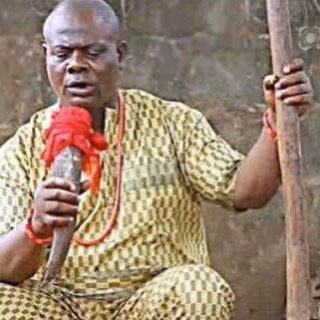Citizen is a column that explains how the government’s policies fucks citizens and how we can unfuck ourselves.
Nigerians could reverse 21 years of democratic gains with the passage of the social media bill. In fact, over the past few weeks, there has been renewed talks about the passage of the “Protection From Internet Falsehood and Manipulations Bill 2019”, popularly known as the “social media bill”.
Meanwhile, this is a complete timeline of the “Protection From Internet Falsehood and Manipulations Bill 2019”:
1. November 5, 2019 — Second Reading
On Tuesday, November 5 2019, senator representing Niger East senatorial district, Muhammed Sani Musa, introduced the “Protection From Internet Falsehood and Manipulations Bill 2019” on the floor of the senate.
While introducing the bill on the floor of the senate, he stated that the goal of the bill was to promote “national unity”. Explaining further, he stated, “I as an individual may decide to remain in my room or office and then draft something I know very well is false because I want to hit at someone. I will decide to draft and throw on social media. Waiting few seconds, it’s on there. Before you know it, it has been shared all over. I have a passion for IT and I know what it takes to disseminate your information, it is like the speed of light”.
The bill stipulated a fine of N300,000 or an imprisonment term of not more than 3 years, or both, to anyone who is guilty of “online harms”, including the transmission of statements that is likely to be “prejudicial to public health, public safety, public tranquility or public finances”.
The bill also empowered the Nigerian Communications Commission (NCC) to issue an “access blocking order” to internet access providers to disable access by end-users in Nigeria to the online location, amongst other provisions.
2. Committee Stage
The bill went to the committee stage after the second reading.
At the committee stage, the senate fixed the public hearing of the bill for March 9, 2020.
At the public hearing of the bill, civil society members laid out key reasons why the bill could not be passed. The Nigerian Communications Corporation (NCC) and the Broadcasting Organisation of Nigeria (BON) stated that the bill’s provisions were already in previous legislations like the Cybercrimes Act of 2015 and the Penal code.
The chairman of the Broadcasting Operation of Nigeria (BON) stated that the bill was “undefined and misleading”, and that it was not necessary.
3. Third Reading
The Bill is currently with the senate committtee on communications, after which a report will be made to the senate.
Read: Nigerians React To The Social Media Bill Proposed By The Senate
We hope you’ve learned a thing or two about how to unfuck yourself when the Nigerian government moves mad. Check back every weekday for more Zikoko Citizen explainers.
COMPONENT NOT FOUND: donation

 (@SenComforter)
(@SenComforter) 



